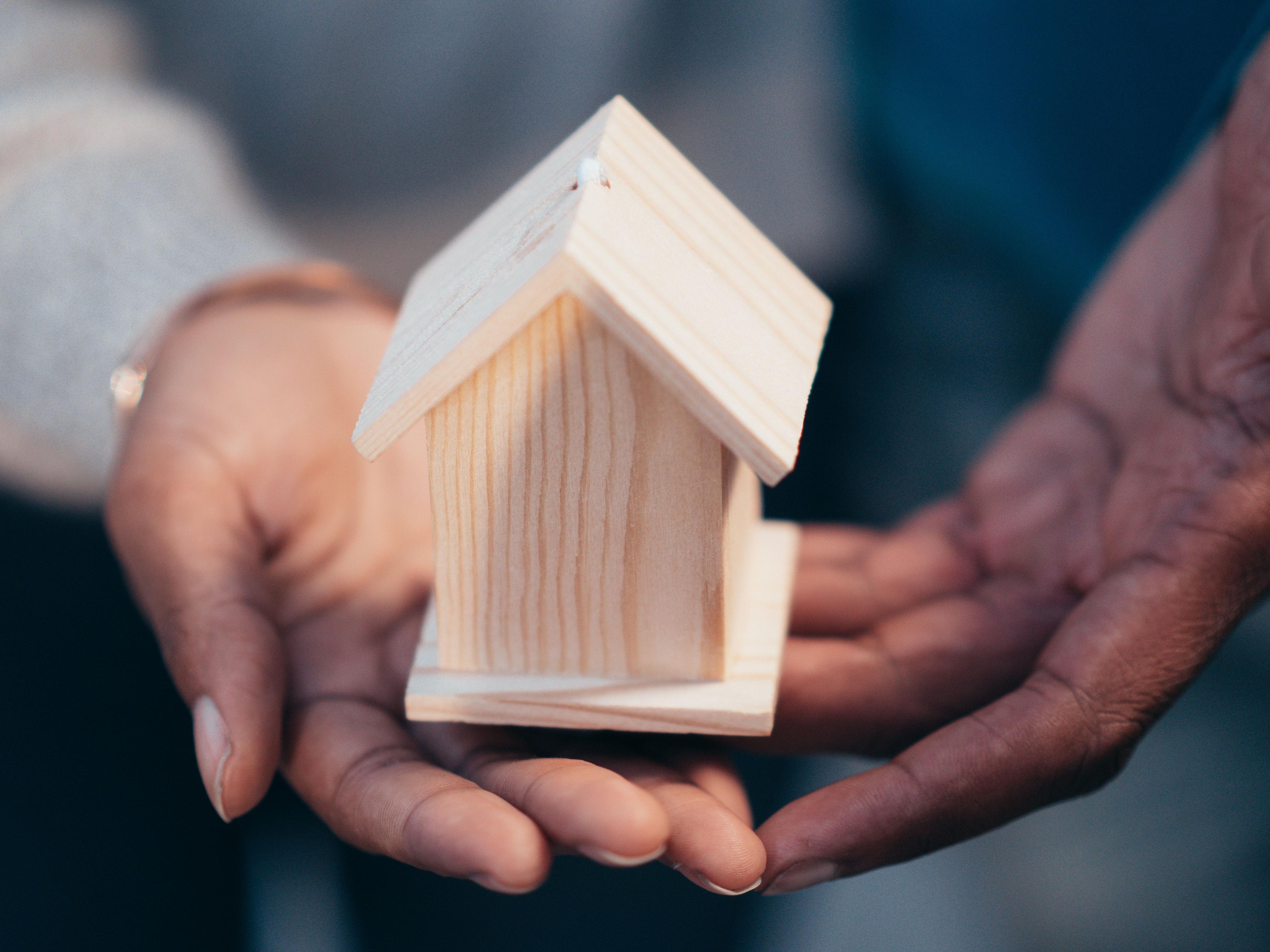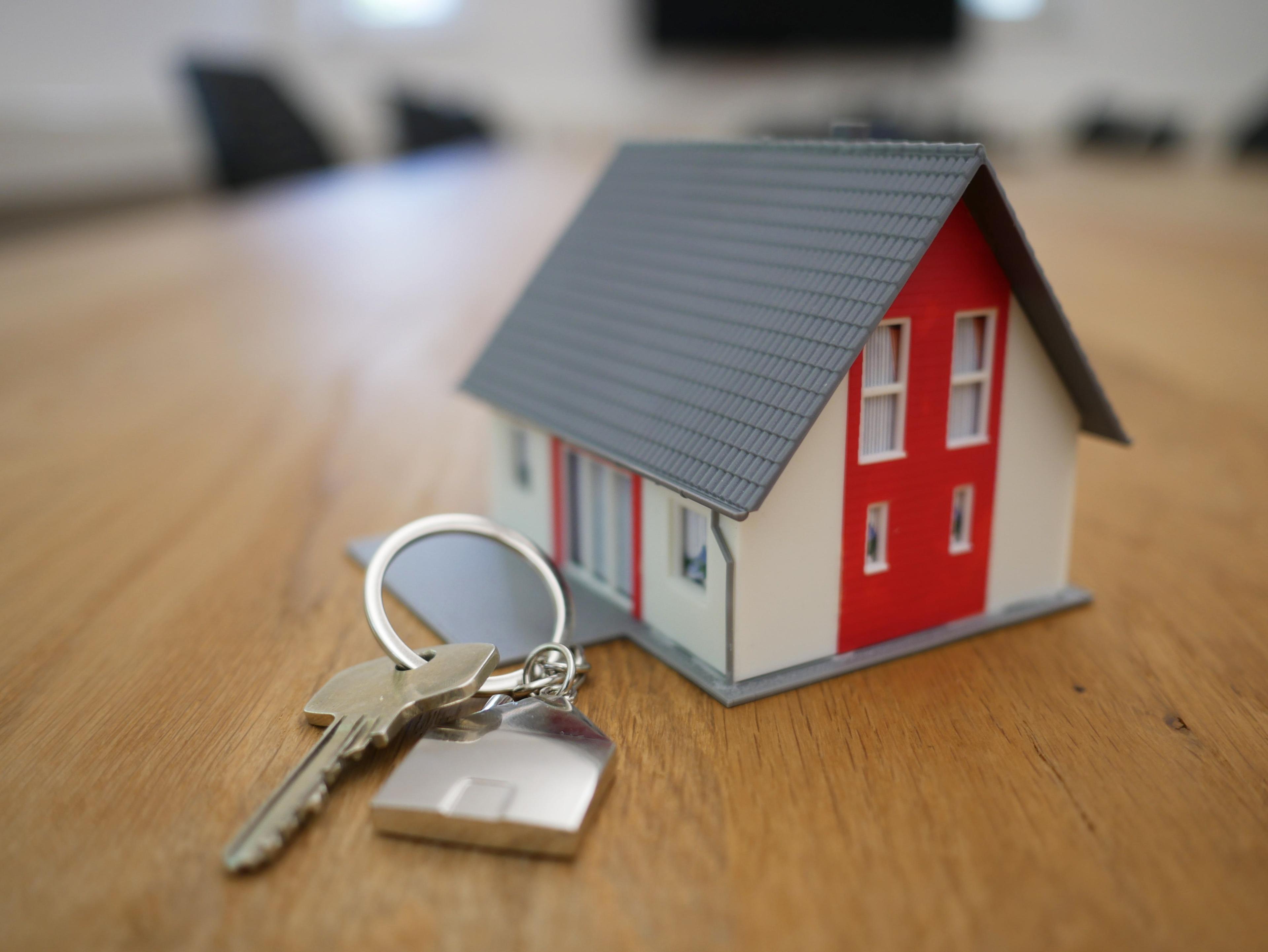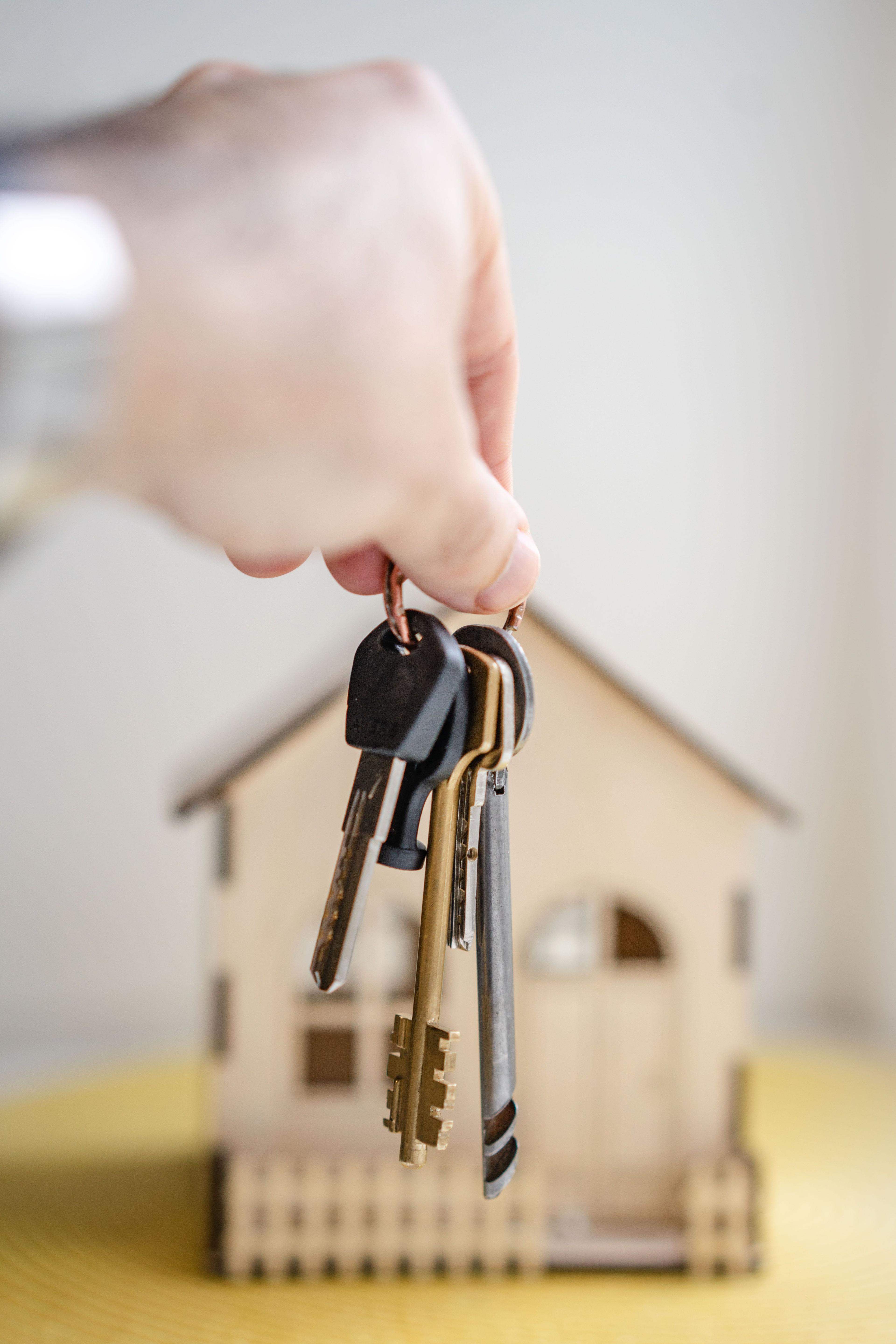Article summary
Many Americans are taking advantage of relatively low mortgage rates to bargain-hunt for vacation properties, investment opportunities, and new homes where they can spend their retirement years.
Demand for second homes has been sky-high for the last couple of years, and that demand is making the search for bargains a lot more challenging. Let’s take a look at what you need to know to get the most from your quest for “Home 2.0.”
What Kind of Property Do You Need?
Before looking at the financial and market considerations, it’s important to consider why you want a second home. This motive can help you decide where to look and how much to spend. A few of the most common reasons are detailed below.
You Want An Investment
Whether you’re “fixing and flipping” or “buying and holding,” getting that second home is a purely financial move for many people. However, the costs can add up.
If you’re thinking of renting out the property, remember that you’ll be on the hook for all repairs and maintenance costs. Unless you’re planning to be a hands-on landlord, you’ll also need to budget for a property manager to handle these things for you.
You Want A Vacation Home
After spending thousands of dollars staying at your favorite vacation spot every time you visit, a second home in that location may make a lot of sense. However, to justify the cost of that second home, this will likely be your only vacation spot for years to come. If you’re the kind of person who enjoys discovering new places while on holiday, that may not be a good idea.
You Want A Second Residence
Sometimes it’s necessary or ideal to be away from your main residence for extended periods of time. Whether you’re traveling for work, visiting family a few states away, or spending your winters somewhere warm, staying in a hotel quickly becomes expensive. If you’re returning to the same place for a few months each year, a second house in that location may be cheaper and more comfortable than extended hotel stays.
You can rent this secondary residence out in the months you aren’t living there, but be aware of the tax implications. For example, you can take deductions or credits for your primary residence that won't apply to a secondary residence or vacation home.
Even if you don’t plan to rent your second home, there will be insurance costs and homeowners association fees (where applicable), on top of your second mortgage. All of these costs go far beyond the initial purchase price.
You Want A Home For a Family Member
For those in a financial position to help support their family, a second home may be the way to do it.
Moving elderly parents nearby provides the chance to help care for them and visit more frequently.
Some parents buy a home for their college-bound children. Renting empty rooms to other students can provide your children real-world experience in managing the property while helping you pay for that second mortgage.
How To Make A Second Home Make Financial Sense
You can’t take the decision to buy a second home lightly. A higher down payment is usually required for a second home, as lenders recognize the increased chance of defaulting on a second home.
After securing financing, you’ll need to budget for ongoing costs such as home insurance and property taxes. Even when the house is vacant, costs such as landscaping and utility bills still occur. In some neighborhoods there may be HOA fees as well.
For tax purposes, a vacation home is either classified as a personal residence or a rental property. If you rent it for more than 14 days, you are a landlord in the eyes of the taxman, and you have to report your rental income. That means you won’t be able to claim the mortgage interest tax deduction, but you can deduct rental expenses.
If you live in your vacation home for 10 percent of the total days you rent it to others at a fair rental price, your vacation home is also a dwelling unit used as a residence. Let's say you own a beach house that you rent out for 200 days each year. You'd need to live in the home at least 20 days out of the year to consider it a vacation home for tax purposes. If you spend fewer than 20 days there, it's considered an investment property.
What if you like your second home more than where you live now? At some point, you can change your primary residence—but be aware that doing so solely for tax purposes can raise some red flags with the IRS.
Be sure to talk to a tax professional about your potential liabilities and deductions. Most financial planners suggest not buying a second home unless you plan to own it for at least five years. Since it’s not a liquid asset, it can be hard to sell quickly without losing money.
Financial Protection for Your Second Home
If you’re worried about your second home losing value after you take on a second mortgage, there are protections available. Home Price Protection from REZITRADE gives you a safety net if the value of your second home declines, which gives you more options should you decide to sell the property down the road.
Takeaways
- The purpose of your second home is an important factor in where you buy and how much you spend.
- A second home requires financial planning. Talk to a professional before making the investment.
- Owning two homes means paying two mortgages. Home Price Protection can help you protect both homes during a real estate market decline.




